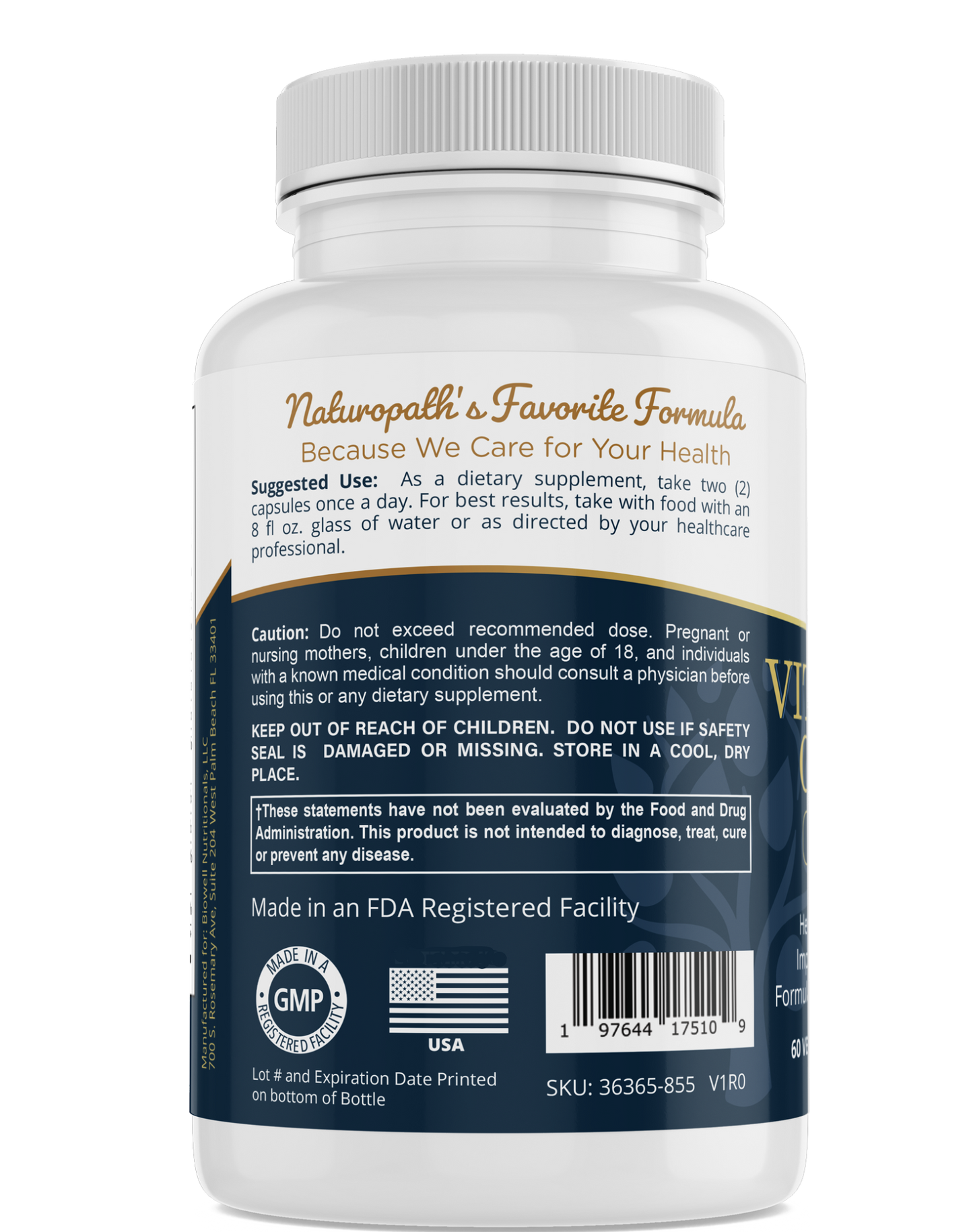¿Tienes una cuenta?
Inicia sesión para finalizar tus compras con mayor rapidez.



Did you know that your body can’t store most B-vitamins long-term? That means you need a regular intake to help keep your energy, focus, and daily wellness on track. Even with a balanced diet, modern routines, stress, and lifestyle habits can make it difficult to get enough.
Lack of B-vitamins may lead to sluggishness that affects your ability to stay clear and alert during the day.
B-vitamins help turn food into energy. Without them, you may find yourself feeling drained more often.
Nutrients like biotin, folate, and B12 help support healthy-looking skin, strong nails, and vibrant hair.

Fuel your body and mind with Vitamin B-12 Complex, a complete blend designed to support energy, focus, and overall vitality. With essential nutrients that aid nervous system health, red blood cell formation, and balanced metabolism, it helps you stay energized and mentally sharp throughout the day.

Here's What Users Have to Say
Supports energy production, focus, and metabolic balance.
Helps support healthy brain and liver function.
Aids in cellular communication and nervous system balance.

Supports red blood cell production and overall vitality.
Helps maintain healthy-looking skin, hair, and nails.
Supports the creation of coenzymes involved in energy processes.

Here are answers to some of the most common questions we get from customers—clear, helpful, and honest.
While it's not a stimulant, the B-vitamins help support your body’s natural energy production over time.
Yes! This formula is 100% vegan-friendly, gluten-free, and made without any animal-derived ingredients.
Generally yes, but it's always smart to check with your healthcare provider to avoid nutrient overlap.
Nope—just pure B-vitamins and nutrients like choline and inositol. No caffeine or harsh ingredients.
This one includes choline and inositol for added nervous system and brain support, plus it’s filler-free.
Many users report it's gentle and easy to take, especially when taken with food.